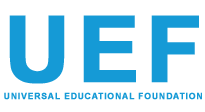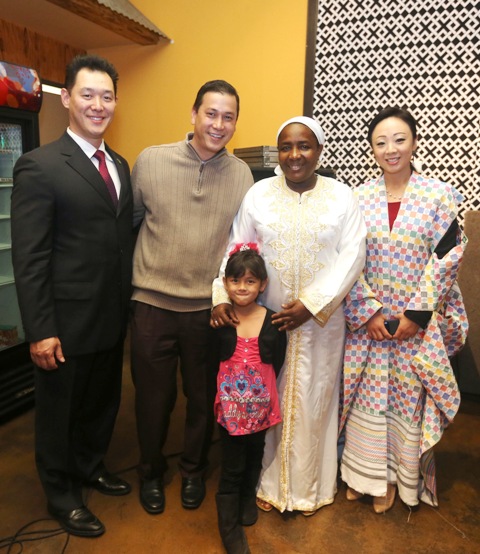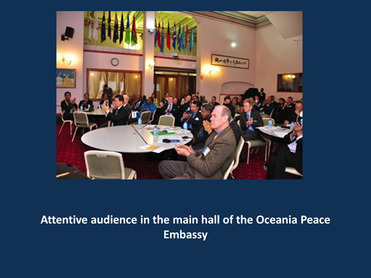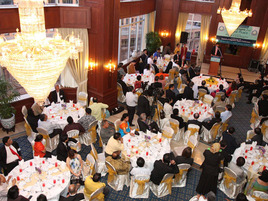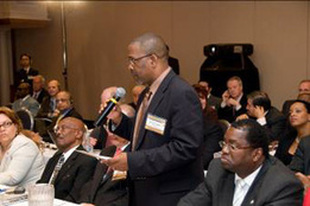June 16, 2013, Visit of the First Lady of Mali
[vc_row][vc_column][vc_column_text]Thus far, we have successfully secured and shipped supplies to the Republic of Mali in West Africa. Prior to shipment, we hosted Mali’s First Lady in Las Vegas to share the full scope of our mission and project. In order to further continue such outreach activities, we invite you to become UEF sponsors by:
- donating funds to ship educational materials and medical supplies (to African nations)
- hosting events in Las Vegas for visiting heads of state and dignitaries
[/vc_column_text][grve_single_image image=”242″][vc_column_text]Beyond our immense gratitude and an official award presented by UEF, your sponsorship will be recognized by the recipient nation, and undoubtedly appreciated by all of the children who benefit from it. Ultimately, as it is rooted in the fundamental ethics of service, equality, and living for others, this sponsorship is an opportunity for personal growth and collective enrichment.[/vc_column_text][/vc_column][/vc_row]
